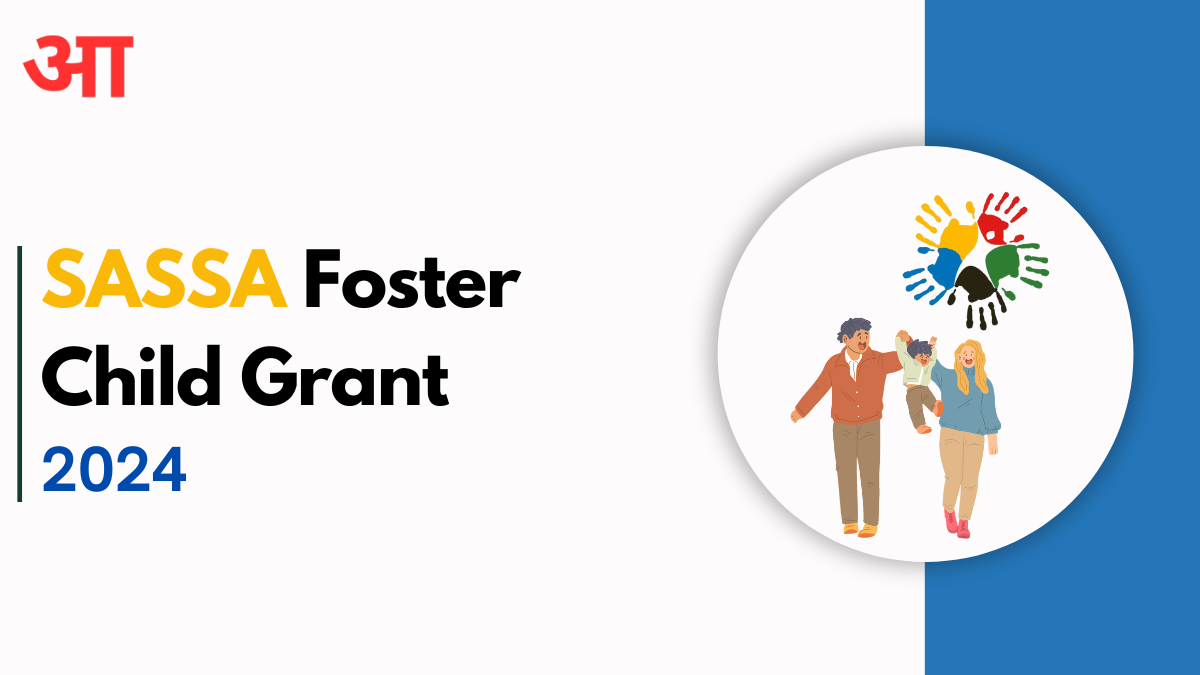Foster homes offer a caring setting for children who, for various reasons, are unable to reside with their birth parents. The bond between foster guardians and foster children is special, defined by strong feelings of love and fondness. These feelings are developed through shared experiences, reciprocal support, and nurturing.
Contents
SASSA Foster Child Grant 2024
The SASSA Foster Child Grant plays a critical role in assisting foster families in South Africa. This grant, which is administered by the South African Social Security Agency (SASSA), is specifically tailored to help children who are under the care of foster parents. This piece offers a detailed overview of the SASSA Foster Child Grant, including its recipients, the application procedure, and its importance for these children.
Check This
Grant Amount
As of October 2023, the grant payment stands at R1 130 per child per month. However, it’s important to note that this amount is subject to change every six months, based on various factors such as inflation and changes in government policy.
Eligibility Criteria for the SASSA Foster Child Grant
The SASSA Foster Child Grant is not universally available to all foster families. There are specific eligibility criteria that must be met:
- The applicant should be a South African citizen, hold permanent residency status, or have refugee status.
- The applicant should be the child’s foster caregiver, and the child should be living under their guardianship.
- The foster child must have been placed with the caregiver by a court. This could be due to a variety of reasons such as orphanhood, abandonment, risk, abuse, or neglect.
- The age limit for the foster child is 18 years maximum.
- Both the foster child and the foster parents should be permanent residents of South Africa.
Required Documents for the Foster Child Grant Application
To apply for the grant, applicants need to provide several documents:
- The birth certificate of the child is required. If it’s not available, a signed affidavit form can be used as a substitute.
- Refugees need to provide their refugee ID.
- Permanent residents should submit their state ID.
- The ID documents of the spouse of the applicant are needed.
- If the applicant is married or divorced, proof of this marital status is required.
- In case the spouse of the applicant is deceased, the death certificate of the spouse is necessary.
- The applicant needs to sign an affidavit.
How to Apply for the Grant?
Applying for the SASSA Foster Child Grant involves several steps:
- Collect all the necessary documents: This includes all the documents mentioned above.
- Visit a SASSA office: The applicant needs to find a SASSA office near their location.
- Request an application form: At the office, the applicant should ask for the Foster Child Grant application form.
- Fill in the form: The form should have all the correct details.
- Attach the documents: All the necessary documents should be attached to the application.
- Submit the application: The completed application and documents should be submitted to the SASSA office.
- Wait for the application to be processed: The application will be reviewed, which may take some time.
- Keep contact information updated: The applicant should ensure that SASSA can contact them if needed.
- Check the status of the application: The applicant can inquire about the progress of their application if necessary.
- Wait for a decision: The applicant should wait for a decision on their grant application.
The Means Test
The Means Test evaluates the finances of the SASSA to establish if foster parents or caregivers qualify for the grant. It examines their earnings, possessions, and general financial situation to guarantee the grant is given to those who genuinely require it. The Means Test’s precise standards and income limits might differ based on the location and SASSA regulations.
Aspirants must offer precise financial details while applying for the means test. If their financial status aligns with the specified criteria, they might be eligible for the Foster Child Grant.
Conclusion
The foster child grant offered by SASSA is crucial in supporting foster children and their caregivers in South Africa. It goes beyond providing financial assistance and symbolizes the dedication and commitment of foster families.
Understanding the eligibility criteria, completing the necessary documentation, and navigating the application process can enable more deserving families to access this essential support. This assistance enables foster families to nurture the special bonds they share with their foster children, laying the groundwork for a better future for these children.
Click the link to know more.

Abhilash, an exam specialist with a passion for education, writes comprehensive articles on exam results and admit cards. His expertise ensures students receive reliable information and useful tips to excel in their exams.
